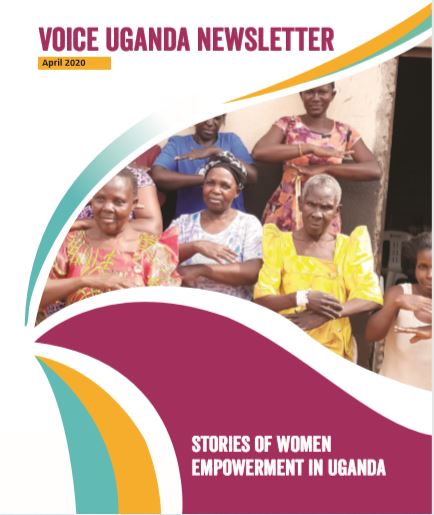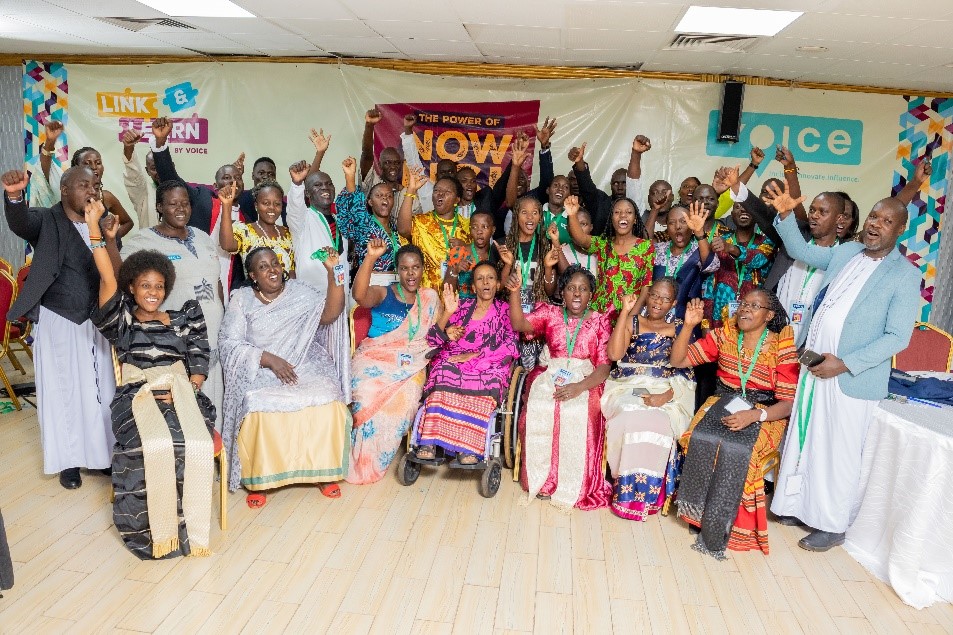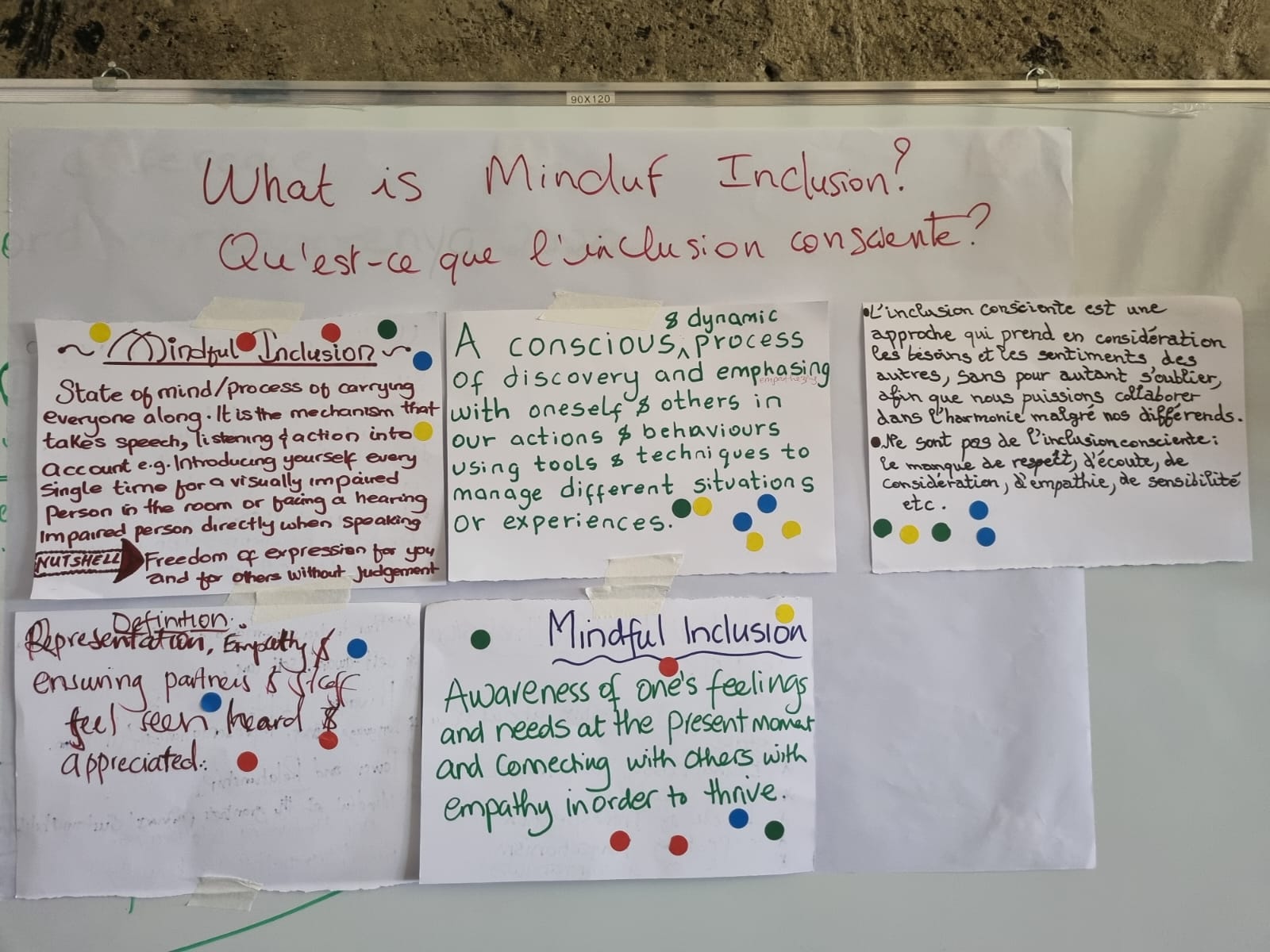The plight of Ugandan domestic workers during Covid-19
By Edith Nantongo, Linking and Learning Facilitator, Strategic Links, Uganda
The outbreak of the novel coronavirus in Uganda at the end of March 2020 led the Ugandan government to issue several measures aimed at stopping the spread of the virus. Social distancing measures were instituted throughout the country which saw the suspension of all forms of public gatherings of a political, social and religious nature, schools closure, restricting cross border movement of non-residents for 51 days, curbing public transport and the sale of nonfood items in markets. All people were asked to stay in their homes with no visitors.
These measures have affected the labour sector in Uganda as many employees have since lost their jobs. Economists in Uganda have predicted a loss of 2 million jobs as a result of this pandemic. Domestic workers whose role is to tend to domestic chores of women in informal and formal employment have not been spared. The suspension of public and private transport has affected the movement of domestic workers making them unable to report to their workstations. Some employers particularly those working in the informal sectors have lost their incomes and are not able to sustain the employment of domestic workers. Some domestic workers terminated during this period have been stranded given that public transport means were suspended, and they could not travel back to their districts of origin. These conditions have acerbated the abuse and violation of domestic workers rights the majority of whom are single mothers.
Platform for Labor action (PLA), an influencing grantee is working to promote decent work for domestic workers in Uganda through strengthened networks of domestic workers. The Domestic Workers Association (DOWA) was founded in February 2019 with the help of PLA to mobilise domestic workers and gain a collective voice in seeking fair work conditions. PLA has continued to work through the DOWA community network to receive and provide on-spot legal aid services using portable toll-free lines and mobile phones.
“Since the COVID-19 outbreak, a total of 22 cases involving domestic workers have been reported with claims of unfair termination without the required legal notice, nonpayment of wages, and nonpayment of repatriation fees for those recruited in a distance more than 100 kilometers and above”
Lydia Bwite, programme manager at Platform for Labor Action
PLA has been able to engage with the employers about the unlawful decisions taken against the domestic workers and have successfully convinced at least 7 employers to retain their domestic workers whom they had terminated. A temporary shelter has also been provided to the stranded domestic workers at the PLA shelter in Kampala and the trained secretaries for Women’s Affairs and local council leaders have also been engaged to provide temporary shelter for those domestic workers that are very far from the PLA shelter.
“We are also supporting leaders of domestic workers mutual support groups with internet data and voice bundles to enable them to continue reaching out to fellow group members to share information on COVID-19, provide support and encouragement during this lockdown”
Observes Lydia.
Platform for labor action recognises the need for creative programming including embracing the use of information technology in the delivery of services to domestic workers during and after disruptions such as pandemics, civil unrest where physical contact is limited. There is also a need to continue strengthening the capacity of community networks such as DOWA to be able to meaningfully support fellow domestic workers during such conditions.








